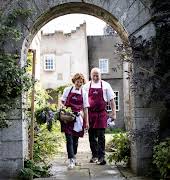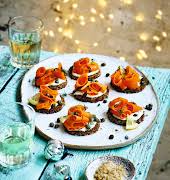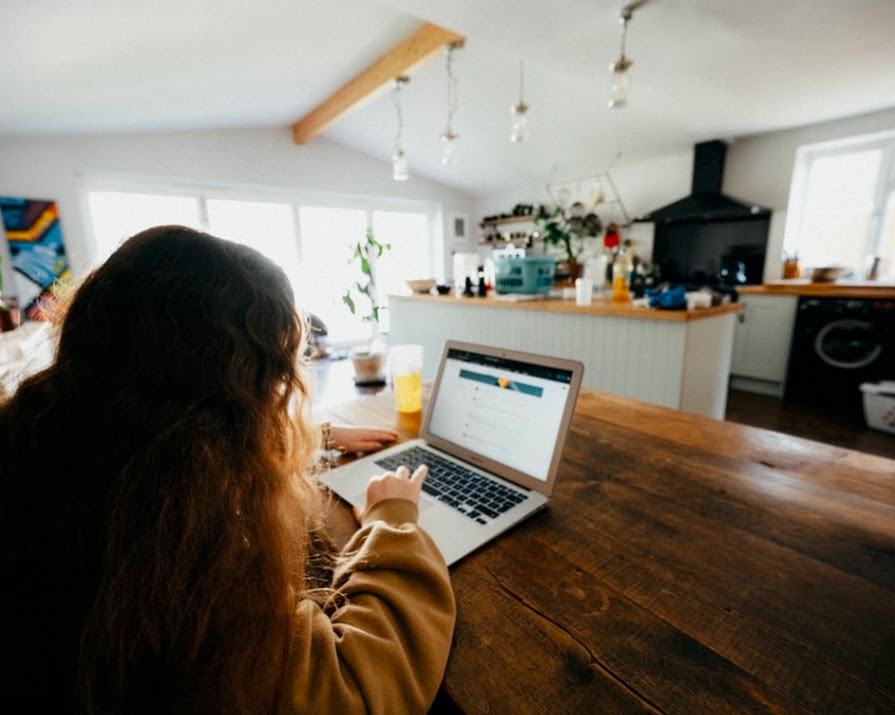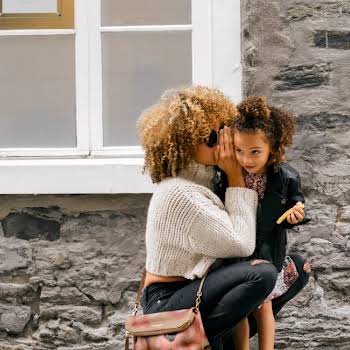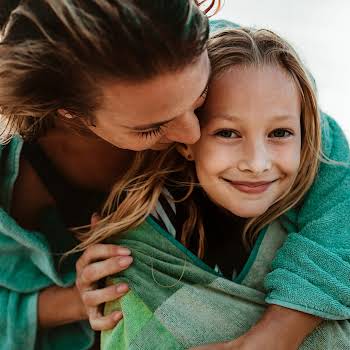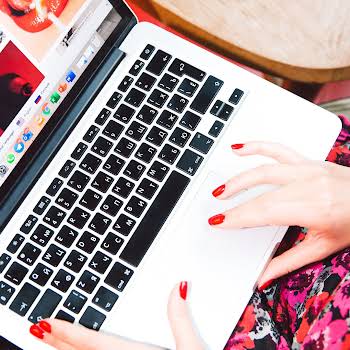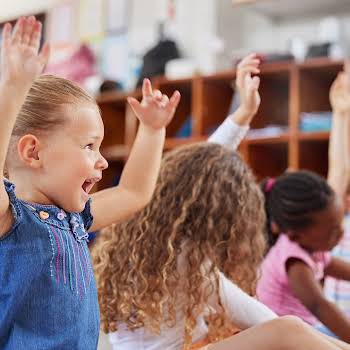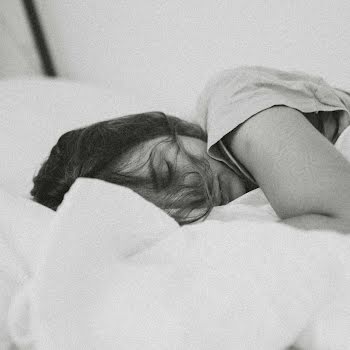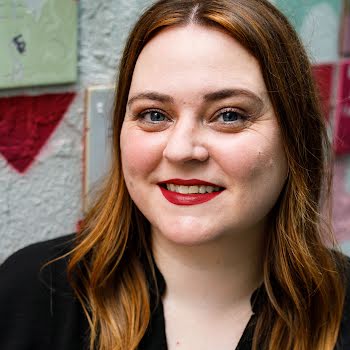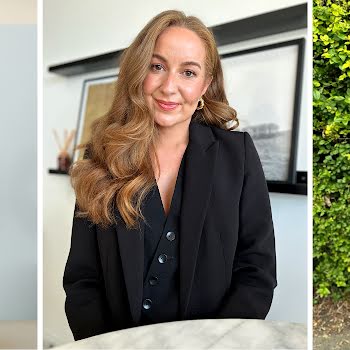
‘Blended learning is unworkable nonsense’: Parents threaten protests unless a more practical back-to-school solution is found
By Amanda Cassidy
02nd Jul 2020
02nd Jul 2020
The debate over how and when schools will go back is getting heated. Amanda Cassidy speaks to parents and teachers about remote learning, part-time education, and the impact on parents.
“Blended learning and remote teaching was just an emergency stop-gap solution. It was giving the children work to keep them ticking over but definitely not teaching them new concepts,” says Elaine, a working mum of two primary school daughters.
She is among the parents voicing their concerns about what will happen to education and socialisation for our children come September. And the sticking point seems to centre around distance learning.
“Blended learning is not a solution. For most families, it is homework supervised to a greater or lesser extent, depending on work hours and commitments of parents,” points out mum-of-three, Andrea. “This isn’t a long-term solution. Parents are not qualified to teach and even supervising assigned work is difficult or impossible if parents are working too.”
This “blended learning,” a buzzword that means nothing, is unworkable nonsense”.
Nonsense
Author and mum of seven, Jen Hogan says that children have had no voice throughout lockdown. She fears that this ‘play it by ear’ situation could result in the creation of a two-tier education system. “It has been an incredibly challenging few months for all of us. But school is about so much more than education, it is also about social interactions. We’ve already seen the challenges with the digital divide.
Some families don’t have access to technology or WiFi. Children with additional needs are missing out on learning support and structure. Not everyone can support the circumstances that mean learning from home. It doesn’t seem right that those disadvantaged might now be disadvantaged further. This “blended learning,” a buzzword that means nothing, is unworkable nonsense.”
A report carried out last month by the Department of Education found that maintaining a strict social distance between children at post-primary would mean some year groups could only return about half of the time.
Then yesterday, new guidelines issued by the Department suggested that there will be no strict requirement for primary students to physically distance when schools reopen in September. However, guidance from the Health Protection Surveillance Centre state that at least one metre distance “should be maintained” by students in the classroom from third class upwards.
The guidelines also suggest the dividing of primary schoolchildren into smaller groups or “pods” within the class, maintaining the distance between individuals “where possible.”
Vague
But parents are describing the measures as vague, citing the new Minister for Education’s assertion that she wants schools to reopen “as fully as possible” in September as unclear.
“What does ‘where possible’ even mean?” wonders one primary school teacher we spoke to. “There is no possibility that this will be at all possible in most classrooms where space is limited.”
“From a teachers point of view, parents working at home with their children cannot be constituted as blended learning. It is not fair on anyone in that scenario. Apps like SeeSaw are not interactive learning. They are simply fancier email systems and a means to submit work. It is no substitute for a teacher in front of you.”
There is anger too over a National Parents Council survey which was circulated widely among parents in recent weeks to find out more about attitudes when it comes to blended learning. They were unavailable for comment when we contacted them today.
“If pubs and shops and restaurants are open, surely schools can open fully.”
Frustration
Parents we spoke to said they are frustrated because there was no option on the survey to tick anything other than a preference for a part-time return to school. The survey was today presented to the Oireachtas as parents showing “wide support” for blended learning. Something many believe is disingenuous.
“I’m so infuriated by the survey results and wish I’d never shared it. Every parent I’ve spoken to – online and in real life – feels the same. Blended learning is not the solution,” says Andrea. “Many parents have built their hours around school hours. But beyond that, it is so detrimental to kids to be at home without their friends and out of their normal routines for such a long time. I have one child who is resisting all my efforts to invite friends over because he says it is too awkward, there is nothing to talk about, it will be easier when they are back in school.”
“If pubs and shops and restaurants are open, surely schools can open fully. Kids can’t socially distance, that’s true, but education is essential. And essential services have remained open, even where social distancing is not possible.”
Today an Oireachtas committee is also hearing from teachers’ unions. ASTI General Secretary Kieran Christie says that there cannot be rules on physical distancing that apply outside a school that do not apply inside a school. The head of the Irish National Teachers Organisation also told politicians that the large classroom size presents “logistical challenges.”
Juggle
“For parents with more than one child or for those trying to work, such a juggle will trying – a considerable massive “logistical challenge,” too.”
Another parent, Fina outlines some of the solutions that we might see rolled out here. “My cousins up North have already been given their plan for September. In Belfast, it is a large school, so it is being divided in half. Half the school will go to school 3 days one week and the next week they will go two days a week and vice versa. They are looking at getting cameras for the classrooms so those at home can stream the classes. This is for ages 10 and up. In Newry, they will go to school part-time. Half the school to go in Monday and Tuesday, the school is closed Wednesday for cleaning and the other half go on Thurdays and Fridays.”
There is similar reports from parents in Germany with children in the school building some days and learning from home other days during the week. But for parents with more than one child or for those trying to work, such a juggle is also a massive logistical challenge.
“It is a cop-out. Parents also need to work and hold down a job. We will march on the Dail unless a more coherent workable system is found.”
Jen Hogan says that it is simply impractical. “Some will socially distance and others won’t – if you have children from different families observing different rules because they are at different stages in school or even in different schools, then they all mix at home or out with friends. It doesn’t make sense.”
11th hour
Michelle, a parent of three agrees. “There seems to be no problem for parents paying for children to go to camps all summer, for kids to be in playgrounds and parks and go on holidays, but we can’t get them back to school fully? It is as much about their mental health, social interaction as it is about education. And what about those poor kids who aren’t in happy homes like ours, for the last few months, for which school is a break?”
And some parents are now planning to take things a step further. “Don’t underestimate parent power,” says Claire, who has three children in the primary school system. “We will gather the troops and take to the streets if this goes ahead. Our kids need school, friends, education, and a life. Part-time learning is not even a thing, it is a cop-out. Parents also need to work and hold down a job. We will march on the Dail unless a more coherent workable system is found.”
Everyone, of course, agrees that finding a safe solution for staff, children and parents is key. But this is now the 11th hour, a better education roadmap is needed. Bespoke solutions, so far, seem to favour one group over another. The majority of those we spoke to believe that the well-being and education of children should now be the priority.
“It is children who have sacrificed the most in all of this”
In it together?
“For too long there has been a negative narrative around children in this pandemic,” points out Jen Hogan. “They have been called vectors, shunned from shops and older teens criticised for “gathering in groups” but arguably it is children who have sacrificed the most in all of this. And they are the least affected, healthwise. They’ve played their part.
There is very little focus on the long-term mental health impact of Coronavirus on young people. There is anxiety, disruption of routine, loss of sociability on so many levels. School is their constant, peer support essential. There are impacts coming down the line for our children that we can’t even imagine. “In this together” has to now apply to our children too.”
Image via Unsplash.com
Read more: What will ‘back to school’ look like according to the latest guidelines?
Read more: Homeschool hell: ‘I’m under so much pressure and it is from the mum’s WhatApp groups’



